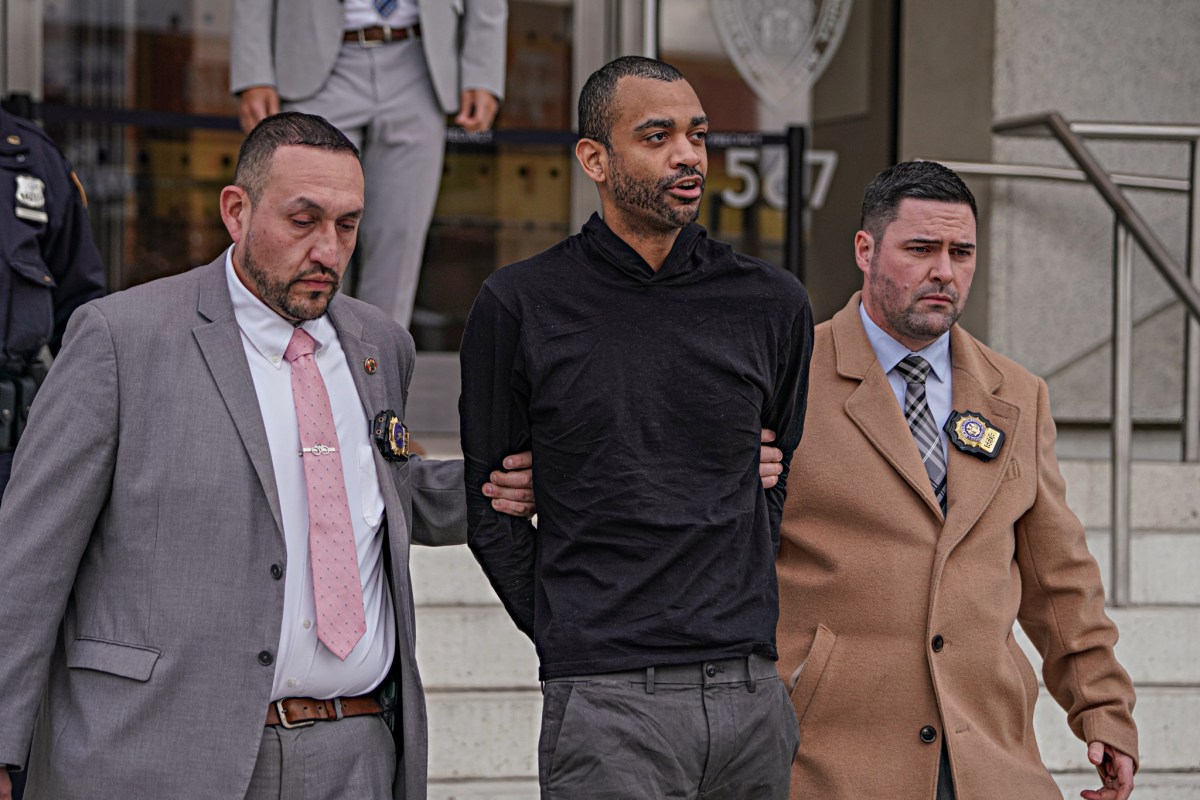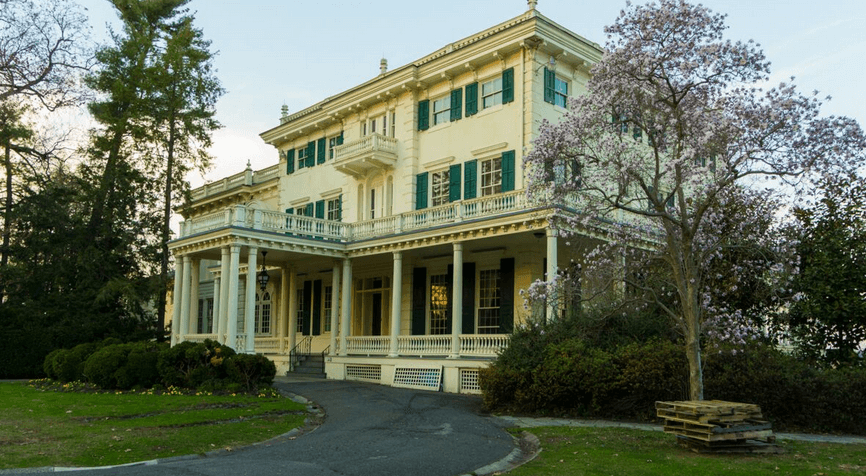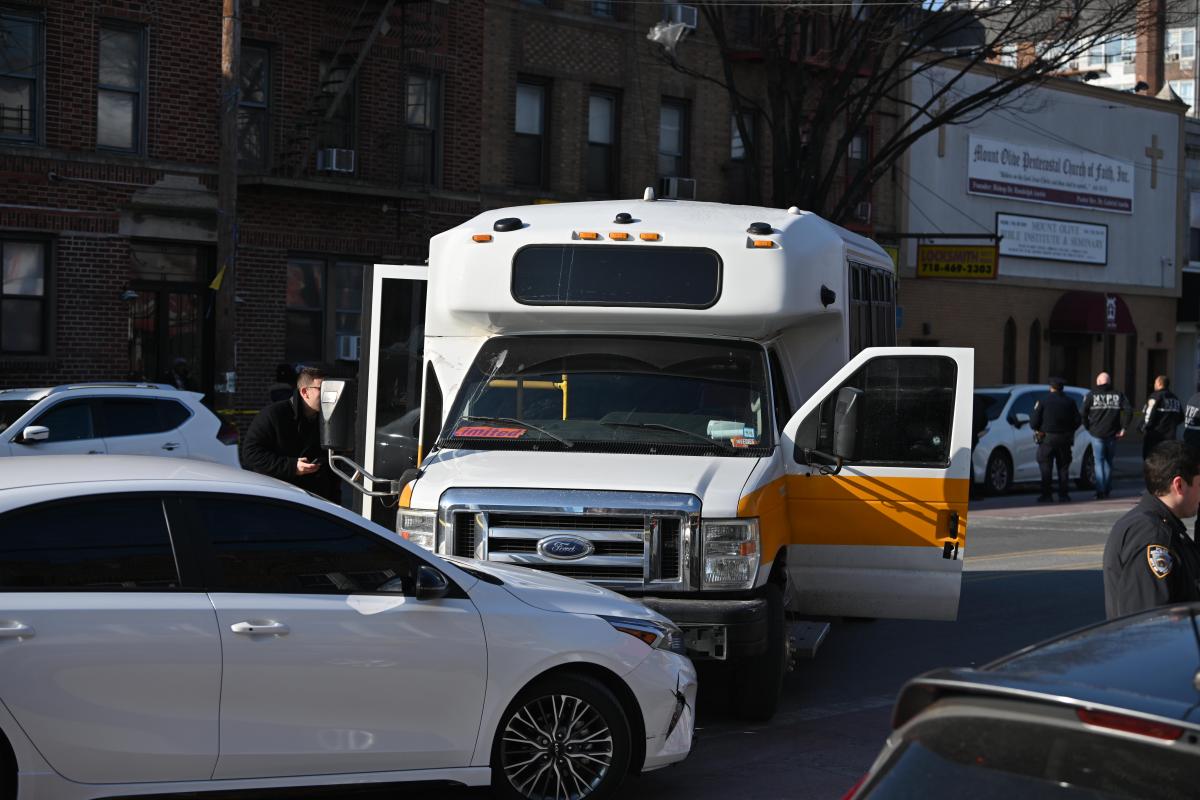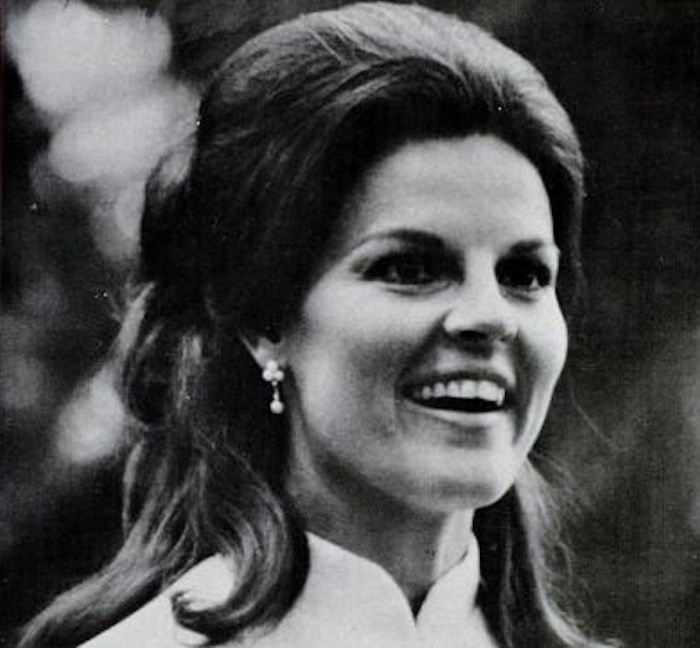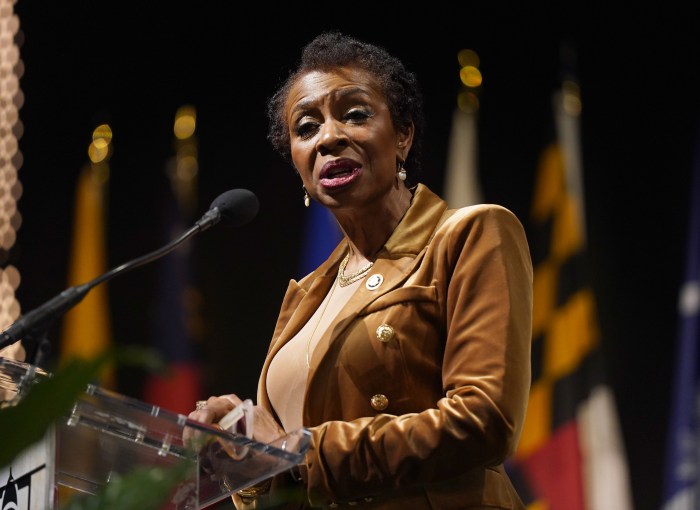By Simon Lewis
NAYPYITAW (Reuters) – Myanmar’s Supreme Court heard the appeal on Tuesday of two Reuters journalists imprisoned for breaking a colonial-era official secrets law, in a case that has raised questions about Myanmar’s progress towards democracy.
Reporters Wa Lone and Kyaw Soe Oo have spent more than 15 months in detention since they were arrested in December 2017, while investigating a massacre of Rohingya Muslim civilians involving Myanmar soldiers.
Law officer Ko Ko Maung, representing the government, said they had been found in possession of secret documents that could have harmed national security.
Outlining their grounds of appeal, the reporters’ lawyer, Khin Maung Zaw, cited lack of proof of a crime and evidence that the pair were set up by police. A policeman had told a lower court last year that officers had planted secret documents on the two reporters.
A district court judge in Yangon found the two journalists guilty under the Official Secrets Act last September and sentenced them to seven years in prison. The Yangon High Court rejected an earlier appeal in January.
Both remain separated from their young daughters. The wife of 32-year-old Wa Lone gave birth to their first child last year while Wa Lone was behind bars. Kyaw Soe Oo celebrated his 29th birthday in Yangon’s Insein jail this month.
The journalists were not present at Tuesday’s hearing, but their families had traveled to the capital Naypyitaw, about 370 km (230 miles) north of Yangon, to attend.
“We are expecting to reunite as a family as soon as possible,” Kyaw Soe Oo’s wife, Chit Su Win, told reporters outside the Supreme Court compound.
The reporters’ convictions were heavily criticized by press freedom advocates and Western diplomats, putting additional pressure on Myanmar leader Aung San Suu Kyi, the Nobel laureate who took power in 2016 amid a transition from military rule.
Suu Kyi said in September, the week after their conviction, that the reporters’ case had nothing to do with press freedom as the men had been jailed for handling official secrets, not because they were journalists.
“Myanmar’s Supreme Court has the opportunity to correct the serious miscarriage of justice inflicted on Wa Lone and Kyaw Soe Oo for the last 15 months,” Reuters Editor-in-Chief Stephen J. Adler said in a statement.
“They are honest, admirable journalists who did not break the law, and they should be freed as a matter of urgency.”
‘DANGEROUS FOR THE COUNTRY’
Khin Maung Zaw, the reporters’ lawyer, told the Supreme Court on Tuesday that the trial court had wrongly placed the burden of proof on the reporters, and the prosecution failed to prove they broke the official secrets act.
“The police planted the documents on Wa Lone and Kyaw Soe Oo so their investigation of the massacre would be stopped,” he said.
Before their arrest, Wa Lone and Kyaw Soe Oo had been working on a Reuters investigation into the killing of 10 Rohingya Muslim men and boys by security forces and Buddhist civilians in western Myanmar’s Rakhine State during an army crackdown that began in August 2017.
The operation sent more than 730,000 Rohingya fleeing to Bangladesh, according to United Nations estimates.
During eight months of hearings prior to their conviction, Wa Lone and Kyaw Soe Oo testified that two policemen they had not met before handed them papers rolled up in a newspaper during a meeting at a Yangon restaurant on Dec. 12, 2017. Almost immediately afterwards, they said, they were bundled into a car by plainclothes officers.
A police captain, Moe Yan Naing, testified that, prior to the restaurant meeting, a senior officer had ordered subordinates to plant documents on Wa Lone to “trap” the reporter.
Ko Ko Maung, the government law officer, told the Supreme Court the police officer the reporters said handed them the papers, Lance Corporal Naing Lin, had denied doing so. He said the reporters were caught holding secret documents at a routine traffic stop.
“If these documents were received by an opponent or enemy of Myanmar, it could be dangerous for the country,” he said.
Supreme Court Justice Soe Naing adjourned the case at the end of Tuesday’s hearing, without giving a date for a ruling.
(Additional reporting by Shoon Naing, Editing by Alex Richardson and Sam Holmes)
















